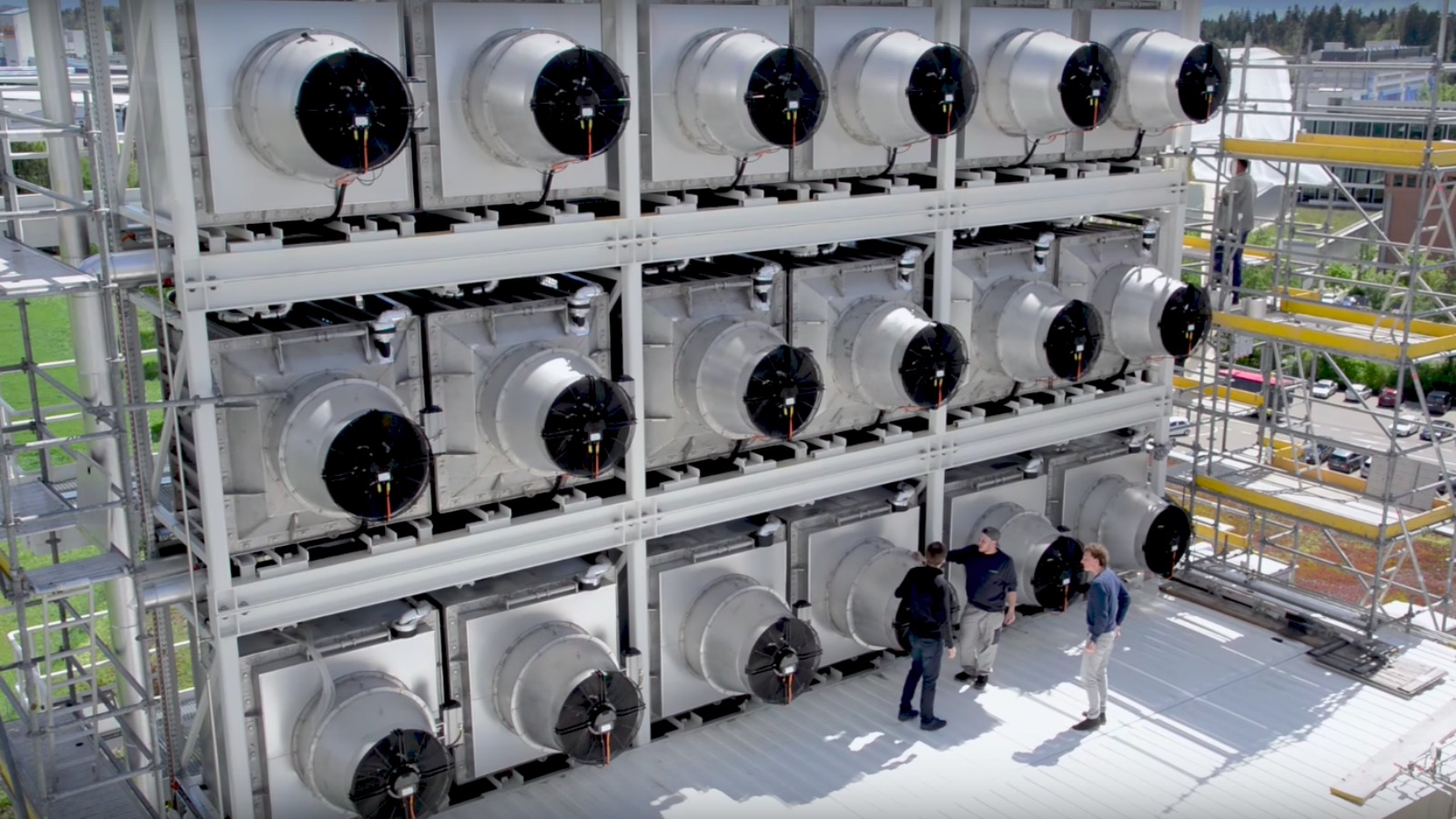Firms including Tesco, Nestle and Waitrose want UK government proposals expanded to encompass all deforestation, not just that defined as illegal
More than 20 major supermarkets, food manufacturers and restaurant chains have called on the UK government to strengthen plans to tackle deforestation in supply chains, urging ministers to expand proposed restrictions to encompass all deforestation, not just that which has been defined as illegal.
Proposed new legislation announced in August would see UK firms fined for using products sourced from illegally cleared land in the tropics, in a bid to tackle deforestation worldwide fuelled by the supply chains of British companies.
The government’s proposals would see large companies operating in the UK obligated to show where forest risk commodities including cocoa, soy, rubber and leather, originate. It would then be illegal to use products that fail to comply with laws to protect nature in those origin nations.
But in an open letter released today – which comes as a government consultation on the proposed new deforesation law comes to a close – firms including Tesco, Nestle, Greencore and Waitrose warn current provisions are “not currently envisioned to be enough to halt deforestation”, and are urging the government to expand the restrictions.
“Restricting action to illegal deforestation only would not achieve halting the loss of these natural ecosystems, especially when producing country governments have discretion to decide what is legal or have inadequate enforcement mechanisms, and local land title and clearance records can be unreliable or absent,” states the letter.
Among the 22 signatories to the letter are a host of supermarkets such as Asda, Sainsbury’s and Marks & Spencer; livestock producers Moy Park and Pilgrim’s Pride; as well as restaurant chains McDonald’s and Nando’s.
Chris Brown, sustainable sourcing director at Asda, said he welcomed the government’s moves to combat supply chain deforestation, but that the current plans “will not do enough to protect the fragile ecosystems that will reduce the risk of catastrophic climate change”.
“We can’t solve this problem on our own and we need legislation that ensures comprehensive and standardised reporting up and down the supply chain, alongside incentives for suppliers who move towards more environmentally-responsible production,” he said.
Recent decades have seen deforestation become a major global driver of climate change and biodiversity loss, particularly in tropical regions. World Bank statistics suggest 1.3 million square kilometres of forest were lost between 1990 and 2016, an area bigger than South Africa. As a result, deforestation is estimated to be responsible for around 11 per cent of global greenhouse gas emissions.
The vast majority of clearances are undertaken to make space for agricultural commodities, whether to create plantations for soy, oil palm, cocoa or rubber, or pasture for beef and leather. Numerous studies have shown the huge role played by UK and EU consumers in driving deforestation, with EU’s own calculations estimating that its demand (along with that of the UK) lies behind 10 per cent of global deforestation.
Numerous studies have traced these connections: last week, an investigation by British NGO Earthsight exposed how leather from illegally cleared land in Paraguay inhabited by one of the world’s last uncontacted tribes is entering the supply chains of some of Europe’s biggest auto firms, including BMW and Jaguar Land Rover.
A spokesperson for the Department for the Environment, Food and Rural Affairs (Defra) said the government commended the business community’s leadership on seeking to combat climate change, but argued illegal deforestation accounted for around half of global deforestation, and that if Brazil’s existing forest laws were properly enforced it could increase forest cover by 10 per cent.
“The UK government is committed to tackling deforestation, and the consultation we have launched to introduce a due diligence requirement is just one part of a much bigger package of measures that the government is taking,” Defra said in a statement. “We look forward to continued dialogue with UK businesses who are using these commodities in their supply chains, including through the Soy and Palm Roundtables, which we actively support.”





